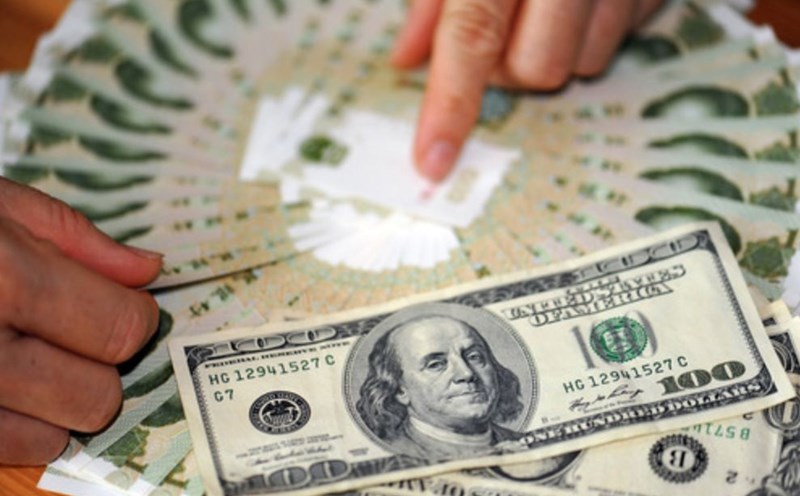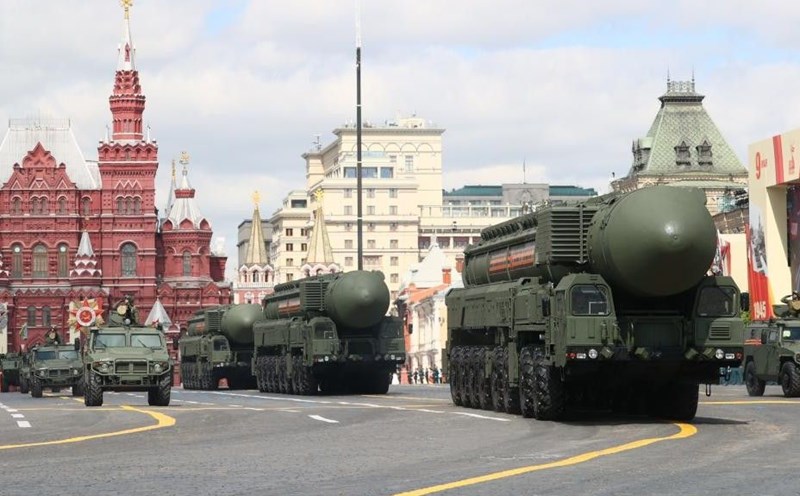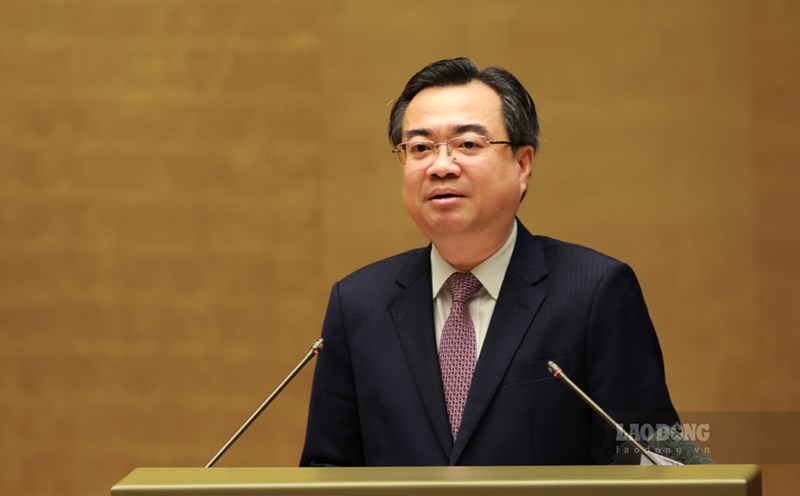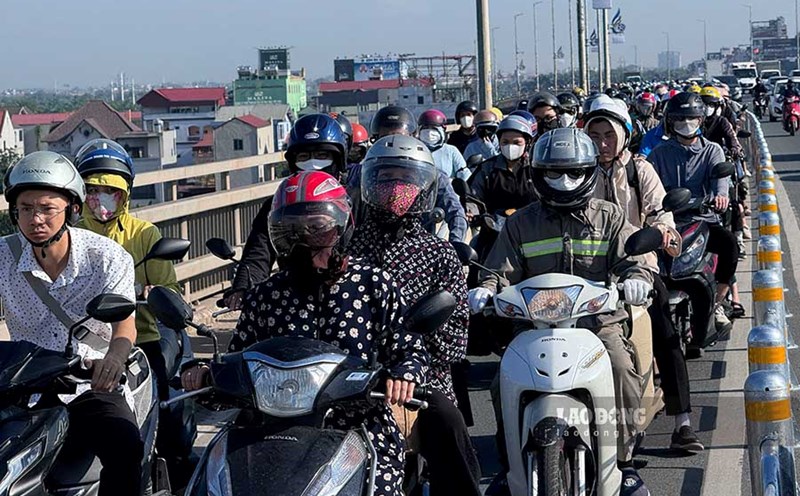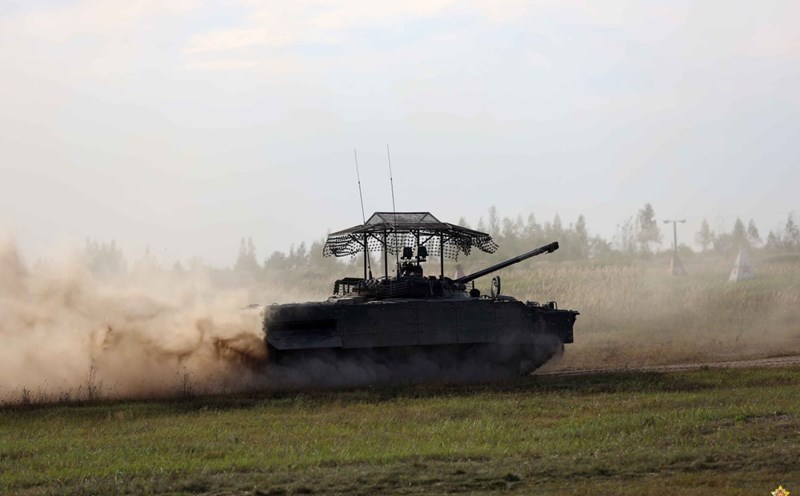Mr. Anton Sviridenko - CEO of the Pyotr Stolypin Institute for Economic Growth (Russia) - warned that US President Donald Trump is asking the European Union (EU) to implement sanctions against Russia beyond the bloc's tolerance, to the point of being considered a "suicide".
On September 17, the European Commission is expected to officially submit a plan to impose a 19th package of sanctions against Russia. However, according to Anton Sviridenko, the current proposals are still being assessed by President Donald Trump as not strong enough.
Previously, Mr. Trump had said he was ready to promote more effective sanctions if NATO countries simultaneously stopped buying Russian oil. Not only that, he also suggested that the alliance members impose a tax on imports from China at 50-100%, and also target Indian goods.
Mr. Trump is demanding that Europe take measures beyond its capacity, specifically imposing a 50-100% tariff on Chinese and Indian goods. This is no different from an act of suicide against Europe, destroying economic and diplomatic relations with two of the most important partners, Sviridenko told TASS news agency.
According to the expert, if Europe follows this roadmap, the consequences will be huge trade losses.
The 19th package of sanctions is just a symbolic step to maintain a common stance against Russia within the EU, Sviridenko said.
However, if Brussels does indeed accept pressure from Washington to expand sanctions to China and India, Europe will face backlash from Beijing and New Delhi, which are huge markets.
In addition, the EU could fall into an internal economic crisis, when the supply chain is broken.
According to the Russian expert's analysis, the measures Mr. Trump has proposed are presented as to "increase pressure on Russia", but in reality, they could become a US trade lever, helping Washington strengthen its position in negotiations with major countries in the Southern Hemisphere.
He added: For Europe, expanding sanctions to China and India does not promise to bring benefits, while the risk of trade retaliation is huge.

